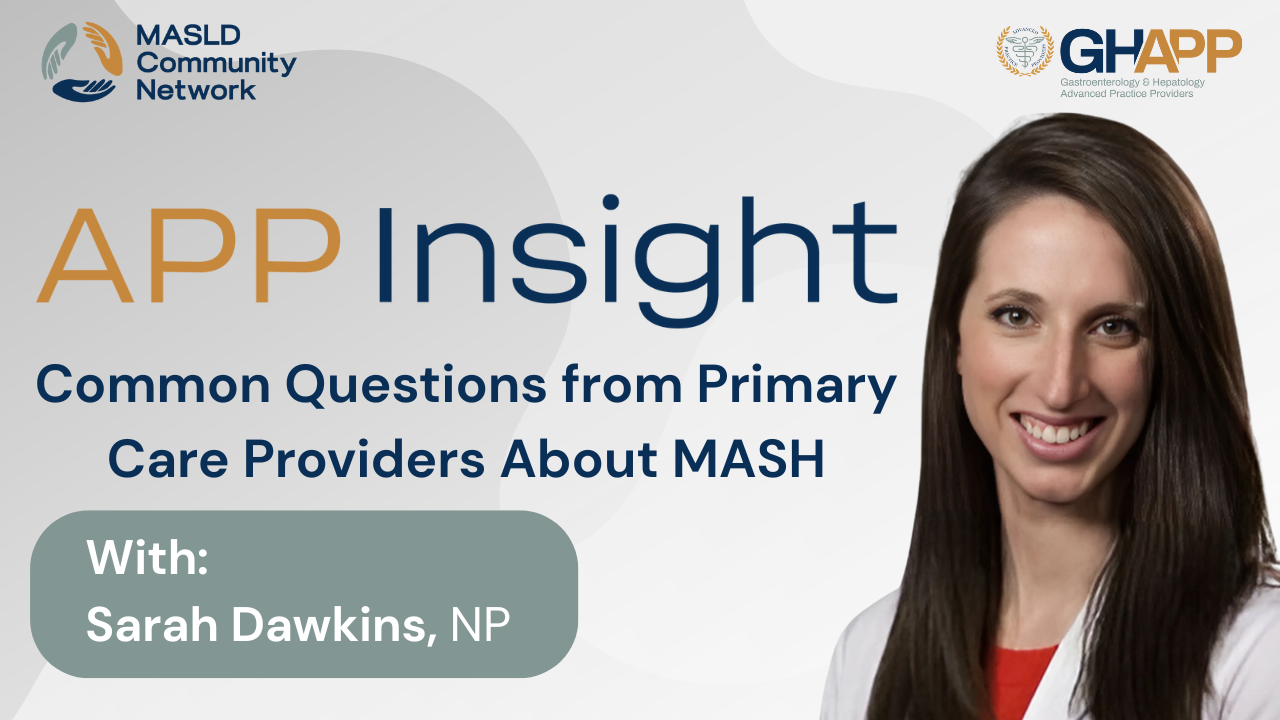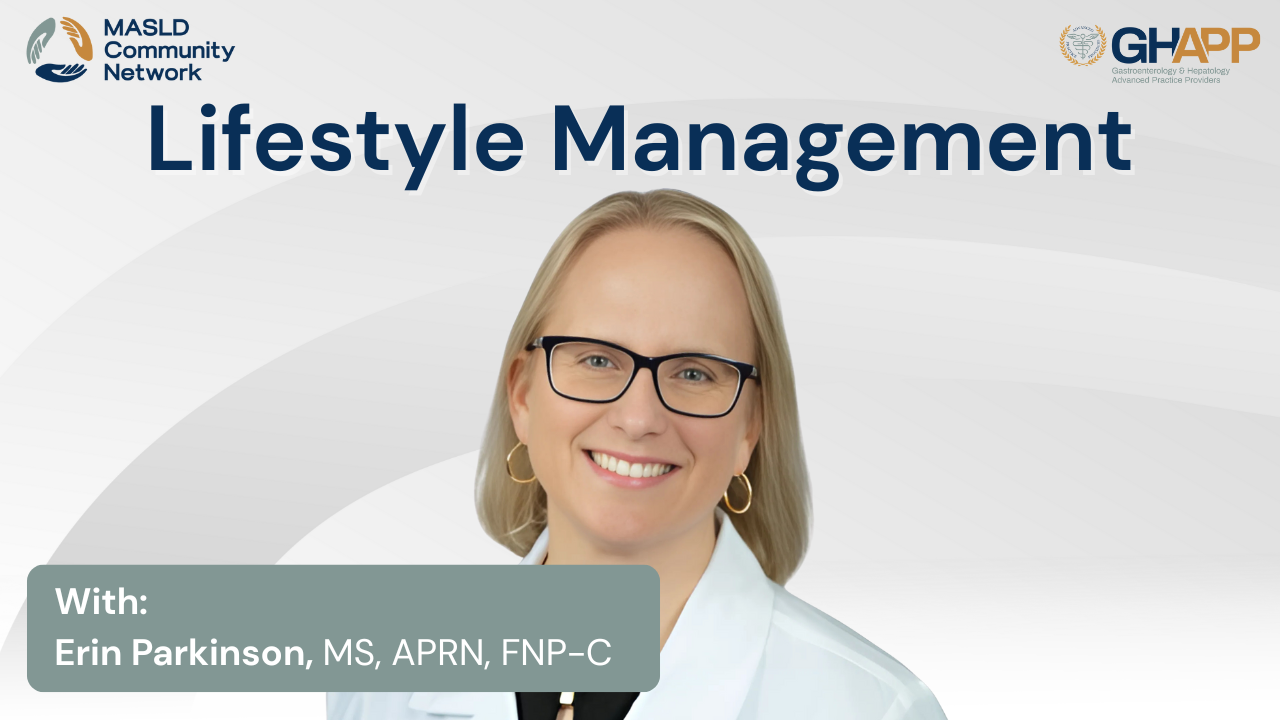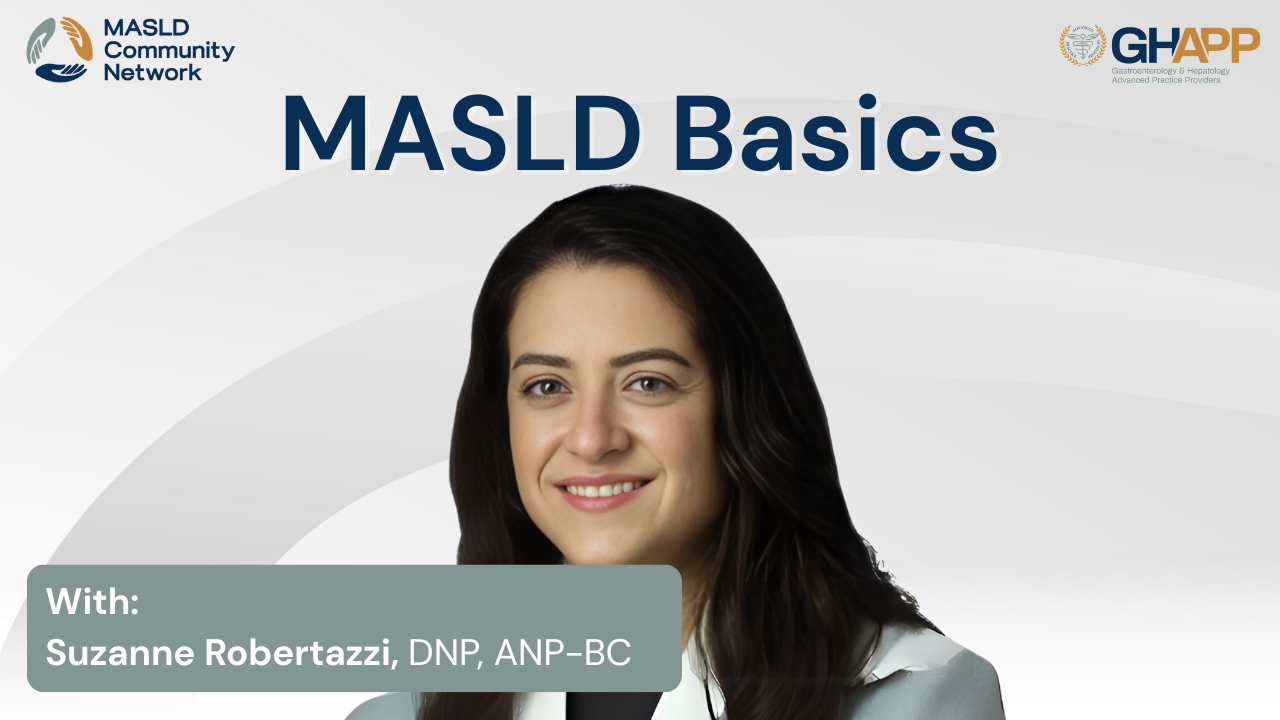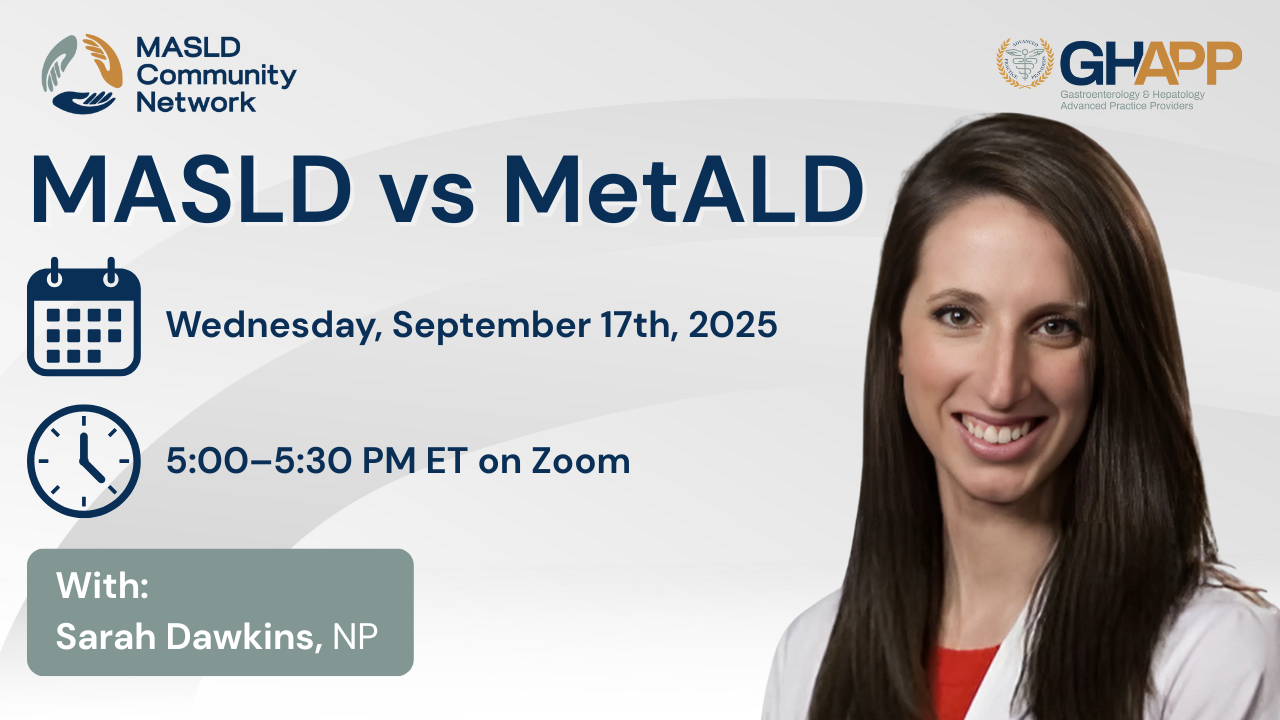
Sarah Dawkins
FNP-C, MSN, RN
Location : Durham, NC, USA
BIO
Sarah Dawkins, FNP-C, is a family nurse practitioner specializing in general and transplant hepatology at Duke University Medical Center, where she has practiced since 2017. She holds a BS in Biology and a BA in Romance Languages from the University of North Carolina at Chapel Hill. Sarah completed the Accelerated Bachelor of Science in Nursing (ABSN) program at Duke University and worked in the Neuroscience ICU at Duke while earning her Master of Science in Nursing (MSN). She became a certified family nurse practitioner in 2015 and initially worked in a private gastroenterology practice before joining Duke Gastroenterology.
Her clinical interests include autoimmune liver disease, transplant hepatology and metabolic dysfunction-associated steatotic liver disease (MASLD). Sarah currently serves as the Advanced Practice Provider (APP) Team Lead for the GI Division at Duke.
Outside of work, she enjoys traveling, trying new restaurants, attending fitness classes, cheering on the UNC Tar Heels, and spending time with her three young children and their orange cat, Zeus.
MASLD-MASH Content Featuring Sarah

Common Questions From Primary Care Providers About MASH

Join Sarah Dawkins, NP, for quick and practical insights in this edition of GHAPP MASLD Community Network’s APP Insights. Sarah answers common questions from primary care providers about managing patients with hepatic steatosis on imaging but normal liver tests. She explains when to calculate a FIB-4 score, how to interpret mild ALT/AST abnormalities, and when referral to hepatology is necessary. Learn how to assess risk in patients with diabetes, obesity, or metabolic syndrome, and how to rule out other causes like viral hepatitis, alcohol use, drug-induced liver injury, and iron overload. Sarah emphasizes the importance of lifestyle counseling for low-risk patients and provides a clear framework for primary care providers to confidently monitor and manage MASLD without unnecessary referrals. A must-watch for anyone navigating the "gray zone" of liver diagnostics in everyday practice.
Watch Now

Lifestyle Management With Erin Parkinson

In this impactful session from the GHAPP MASLD Community Network, Erin Parkinson, NP, explores the vital role of lifestyle modifications in the management of MASLD (Metabolic dysfunction-associated steatotic liver disease) and MASH (Metabolic dysfunction-associated steatohepatitis). Through the lens of a real-world case study, Erin illustrates how clinical tools like FIB-4 and FibroScan® can be used to assess fibrosis risk and guide interventions for patients presenting with metabolic syndrome and hepatic steatosis. With a focus on practical, personalized care, this presentation highlights how diet, exercise, and culturally sensitive counseling can meaningfully reduce hepatic fat, inflammation, and fibrosis—key factors in preventing progression to cirrhosis or hepatocellular carcinoma. Erin discusses the impact of processed foods, high-fructose corn syrup, and sedentary behavior, while offering actionable guidance on introducing Mediterranean diets, intermittent fasting, and realistic exercise goals tailored to individual readiness and barriers. Whether you're a hepatology specialist, primary care provider, or obesity medicine clinician, this talk delivers tools to better support patients with MASLD/MASH through sustainable behavioral change and longitudinal follow-up.
Watch Now

MASLD Basics With Suzanne Robertazzi

Join Suzanne, a nurse practitioner from the Washington DC VA Medical Center, as she kicks off a comprehensive lecture series on steatotic liver disease, focusing on the evolving understanding of MASLD (Metabolic dysfunction-associated steatotic liver disease) and MASH (Metabolic dysfunction-associated steatohepatitis). In this foundational session, Suzanne walks through the new nomenclature replacing NAFLD and NASH, and outlines the clinical criteria used to identify and stratify patients along the MASLD–MASH spectrum. Learn how metabolic risk factors such as obesity, prediabetes, hypertension, and dyslipidemia contribute to disease progression, and explore the use of non-invasive diagnostic tools like Fib-4, FibroScan, and ELF scores to assess fibrosis. The session also discusses indications for liver biopsy, the implications of overlapping etiologies (like alcohol-associated liver disease), and strategies for identifying patients at high risk for cirrhosis, hepatocellular carcinoma (HCC), and liver-related mortality. This lecture equips clinicians, particularly those in primary care and hepatology, with a practical framework to evaluate steatosis, interpret metabolic profiles, and determine when to refer patients for specialty care. Whether you're new to liver disease or looking for updates on MASLD and MASH terminology, this session is an essential starting point.
Watch Now

Management of Life Style Modification

This video focuses on the comprehensive management of patients with metabolic-associated steatohepatitis (MASH), emphasizing lifestyle modifications, dietary adjustments, and exercise strategies. Key topics include the importance of addressing risk factors like diet, exercise habits, and alcohol intake, as well as referrals to medically supervised weight loss clinics or bariatric surgery for advanced cases. The speaker highlights the benefits of the Mediterranean diet, intermittent fasting, and avoiding ultra-processed foods while discussing the role of resistance training to combat sarcopenia and maintain muscle mass. Practical advice and tailored recommendations ensure a holistic approach to managing MASH and improving patient outcomes.
Watch Now

Third Step of Life Style Management

This video provides a comprehensive overview of emerging pharmacologic treatments for metabolic-associated steatohepatitis (MASH) and their tailored applications based on patient profiles. Topics include FDA-approved therapies, drugs in advanced clinical trials (such as semaglutide and lanifibranor), and the potential for combination treatments targeting both steatohepatitis and fibrosis. The speaker emphasizes the importance of patient-specific approaches considering metabolic profiles, obesity, and diabetes status, alongside lifestyle interventions. Additionally, the video discusses the evolving interdisciplinary care model and highlights the exciting progress in non-invasive testing and treatment advancements for F2-F3 fibrosis.
Watch Now

Approved Medication for MASH/NASH

This video provides detailed guidance on selecting and monitoring patients for emerging therapies targeting advanced fibrosis (F2-F3) in NASH. Key topics include contraindications for patients with cirrhosis, considerations for concomitant medications, and dose adjustments for statins. The video outlines ideal candidates based on specific thresholds for VCTE, MRE, ELF scores, and other non-invasive tests while emphasizing the importance of ruling out portal hypertension and other liver diseases. It also reviews a stepwise monitoring approach, focusing on tolerability at three months and efficacy assessments at six and twelve months, with an emphasis on histologic and non-invasive test improvements.
Watch Now

Types of Diet for the Treatment of MASLD

This video explores comprehensive strategies for managing metabolic-associated steatohepatitis (MASH), focusing on fibrosis risk stratification, lifestyle modifications, and pharmacologic interventions. Learn about dietary recommendations like the Mediterranean diet, exercise guidelines emphasizing resistance training, and the role of intermittent fasting and processed food avoidance. The video also highlights weight loss targets, diabetes management, and emerging therapies such as GLP-1 receptor agonists and bariatric surgery, all aimed at improving liver health and patient outcomes.
Watch Now

NITs to Identify High Risk MASH Patients

Explore advancements in non-invasive diagnostics and risk stratification for liver fibrosis and MASH. This video highlights tools like FIB-4, transient elastography, and innovative scoring systems (e.g., FAST and Agile) to identify and predict outcomes for high-risk patients. Learn about serum biomarkers, updated guidelines, and the role of lifestyle interventions alongside targeted therapies for managing metabolic risks and advancing care in hepatology.
Watch Now

Lifestyle Management With Sarah Dawkins

Join Sarah Dawkins, NP, for an in-depth and inspiring conversation on lifestyle management for MASLD (Metabolic Dysfunction-Associated Steatotic Liver Disease) and MASH (Metabolic Dysfunction-Associated Steatohepatitis), presented through the GHAPP MASLD Community Network and sponsored by Madrigal Pharmaceuticals. In this engaging session, Sarah uses the real-world case of "Albert" to explore how to assess fibrosis risk using non-invasive testing like FIB-4 and FibroScan, and why lifestyle interventions remain the cornerstone of care for patients without advanced fibrosis. Through a patient-centered lens, she outlines practical strategies for addressing dietary counseling, exercise goals, and culturally sensitive approaches to nutrition—highlighting how individualized care, family involvement, and positive reinforcement can create meaningful behavior change. The session dives into the science behind genetic risk factors like PNPLA3, the role of central obesity in inflammation, and the impact of Western diets on liver health. Sarah also reviews the Mediterranean diet, exercise recommendations, and evidence-based interventions, including the benefits of aerobic + resistance training over HIIT for MASLD improvement. With clinical pearls on motivational interviewing, overcoming barriers to access, and the use of tools like the Exercise and Diet Adherence Scale (EDAS), this session empowers providers to make lifestyle conversations impactful—even when time is short.
Watch Now
FAQ's

Common Questions From Primary Care Providers About MASH

Join Sarah Dawkins, NP, for quick and practical insights in this edition of GHAPP MASLD Community Network’s APP Insights. Sarah answers common questions from primary care providers about managing patients with hepatic steatosis on imaging but normal liver tests. She explains when to calculate a FIB-4 score, how to interpret mild ALT/AST abnormalities, and when referral to hepatology is necessary. Learn how to assess risk in patients with diabetes, obesity, or metabolic syndrome, and how to rule out other causes like viral hepatitis, alcohol use, drug-induced liver injury, and iron overload. Sarah emphasizes the importance of lifestyle counseling for low-risk patients and provides a clear framework for primary care providers to confidently monitor and manage MASLD without unnecessary referrals. A must-watch for anyone navigating the "gray zone" of liver diagnostics in everyday practice.
Watch Now














